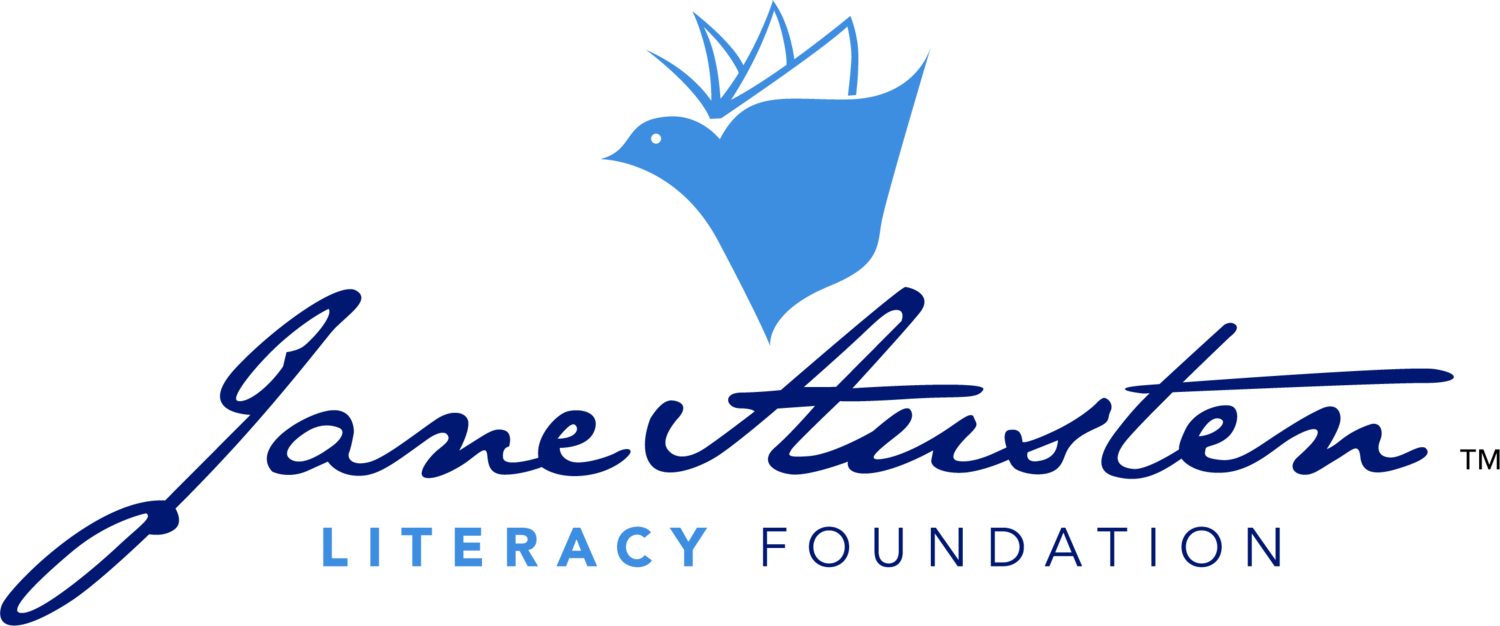READING A NOVEL THAT YOU KNOW IS UNFINISHED IS A JARRING EXPERIENCE. READING A JANE AUSTEN NOVEL YOU KNOW IS NOT COMPLETED IS A FORM OF EXQUISITE TORTURE.
The first time I read Sanditon, I did not expect to enjoy it so much. This sounds strange, coming from a reader, like me, who has always loved Jane’s work. But my expectations had been stunted by the knowledge that this piece was a draft, an unpolished fragment that Jane likely did not imagine showing to a wide audience. Basically, I expected something in the early, stumbling stages, a piece not written to the standard we have come to expect from Jane.
For those of you who have read Sanditon, I’m sure you will agree with me when I say it is a delight. It is funnier than the softer, more reflective Persuasion. Jane’s signature wit and uncanny ear for dialogue leaps off the page in characters that exasperate, intrigue and entertain. The ridiculous Sir Edward Denham could give Miss Bates, Mrs Bennet, and Sir John Middleton a run for their money in the contest for who can blather on the most. Diana Parker exhibits a tendency toward hypochondria to rival that of Mary Musgrove or Mr Woodhouse. And who can tell - will the amiable and handsome Sidney Parker fall into the camp of charming cads like Willoughby and Wickham, or will he prove a hero like Henry Tilney?
As for the setting - before Jane became too ill to cease writing, she completed the stage for these characters to perform upon. Sanditon the seaside town is a real, breathing place brought to life on the page. In the time that Jane was writing, up-and-coming seaside resort towns were increasingly popular, both with tourists and with people flocking to the sea for their health. The reader sees the town through the eyes of a curious newcomer, Charlotte Heywood, giving the reader a generous scope of the town’s identity and its inhabitants.
The problem with Sanditon is that it promises so much.
It is a true misery when one is in the midst of reading, the mind racing away imagining how the story might turn out, when you realise that we will never know. It is like coming up against a brick wall you forget is there. It seems so unnatural that this fragment that sparkles like Jane’s finished works is only that - a fragment - and that we will never know how she might have finished it, and how her fancies and intentions for the characters might have changed.
Due to the richness of the introduction Jane has provided us with, dozens of continuations have been written, including one by Anna Lefroy, Jane’s beloved niece. I must confess, I myself have not read any of these. I fear disappointment, or worse, an irrevocable alteration of the way I read Jane’s original words in light of a new plot development. It is not brave of me, but I hope it is understandable.
According to her sister Cassandra, Jane began writing Sanditon on the 27th of January, 200 years ago. By the 18th of March, she had become too unwell to continue, and abandoned her efforts after twelve chapters and roughly 25,000 words. Apparently, she had intended to name the manuscript ‘The Brothers’ - it was her family who chose the name ‘Sanditon’ in 1925 when it was first published.
Centuries later, readers around the world continue to read and interpret this fragment in new ways. The interest and enthusiasm commanded by her work in this preliminary form is evidence of Jane’s unique talent - if this is the response her drafts inspire, it is no wonder that her finished works have maintained their astonishing longevity and popularity.
© Emily Prince, Editor of Pride & Possibilities
References:
Austen, J. (n.d.). Sanditon. 2008 edition by Oxford University Press.
Axelrad, A. M. (2010). Jane Austen’s Sanditon: A Village by the Sea. AuthorHouse.
If you have been entertained or inspired by the work of Jane Austen, please consider a donation to the Jane Austen Literacy Foundation today. All donors are rewarded with a personalised bookplate, with your name written in Jane's own handwriting. We are a volunteer organisation with no wages paid to anyone, so you can be confident your donation will be used wisely to buy books and writing materials for communities in literacy crisis, in honour of Jane.
Image credit: Sergey Jarochkin (123RF) and Julia Grantham


